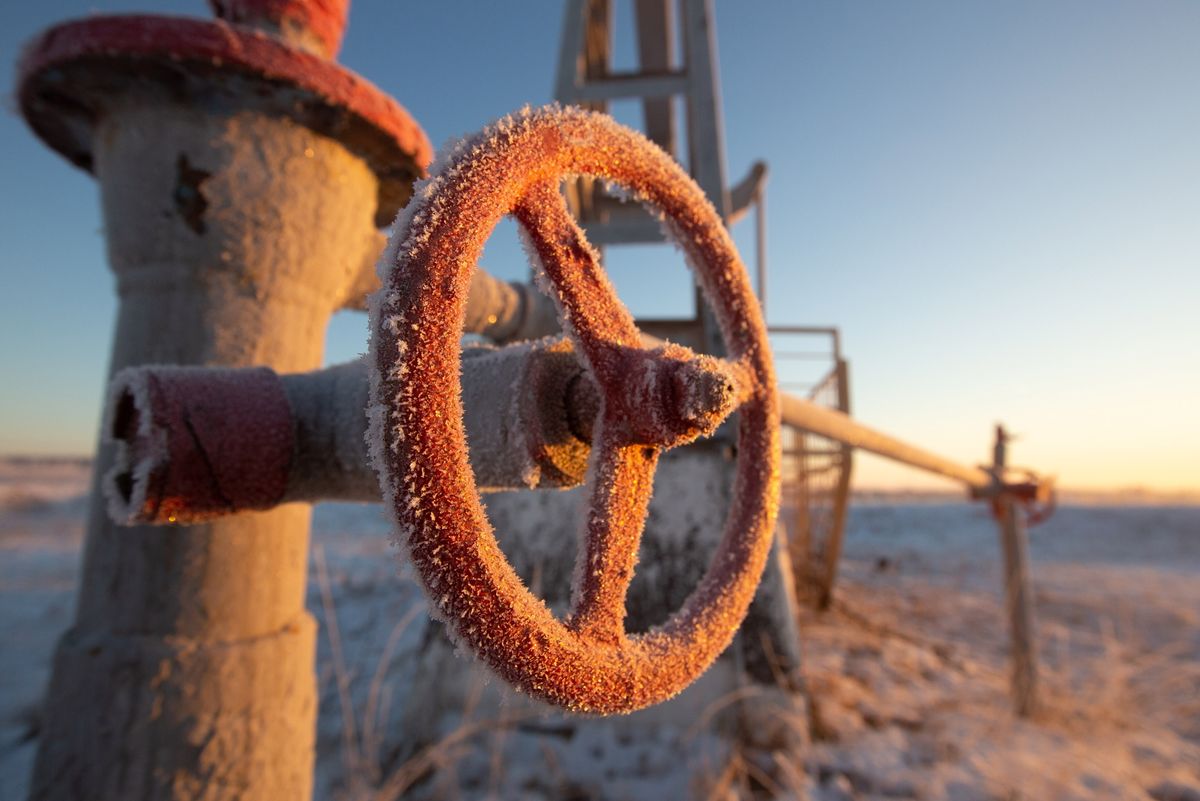Commodities
Record production decline in key U.S. gas basins exacerbates energy crisis

Energy infrastructure failures and an underestimation of electricity demand exacerbate nature’s problems in the Appalachian Gas Basin before snowstorms hit. What’s happening could lead to higher LPG gas prices.
Natural gas supplies from the Appalachian Basin (the largest in the U.S.) are down 9 billion cubic feet (about 254 million cubic meters) or 27 percent from normal levels, Bloomberg NEF analysts found. This is a record high for this source of gas since 2013.
How will this affect natural gas prices?
LPG gas prices could rise on the back of these problems. The abnormally cold weather has frozen many wells, causing gas production in Pennsylvania to drop by more than 20 percent. Production in Ohio has more than halved, which in turn has limited supplies to the Northeast and the Tennessee Valley.
Mechanical problems in pipeline infrastructure have compounded ongoing problems with aging power grids and the fact that grid operators poorly forecasted power demand before the snowstorms began.
The record decline in Appalachian Basin production came at a time when extreme cold weather caused a surge in demand for raw materials used to heat homes and fuel power plants. This exacerbates the situation for many citizens who have lost access to electricity due to abnormal snowstorms. Natural Gas Futures are also on the rise.
A sharp cold snap through widespread state coverage has brought major power systems to the brink of disaster, exposing the weaknesses of the U.S. power system, which are expressed in limited gas reserves and the unpredictability of solar and wind generators. Bloomberg warns that such events could become more frequent as climate change leads to more extreme weather conditions.
We previously reported on the near-term potential surge in the value of oil on global markets.
Commodities
Oil prices rise; U.S. crude inventories plunge, Russia-Ukraine truce eyed
Commodities
India’s Reliance to stop buying Venezuelan oil over US tariffs, sources say
Commodities
Oil prices climb on Venezuela supply worries

 Forex3 years ago
Forex3 years agoForex Today: the dollar is gaining strength amid gloomy sentiment at the start of the Fed’s week

 Forex3 years ago
Forex3 years agoUnbiased review of Pocket Option broker

 Forex3 years ago
Forex3 years agoDollar to pound sterling exchange rate today: Pound plummeted to its lowest since 1985

 Forex3 years ago
Forex3 years agoHow is the Australian dollar doing today?

 Cryptocurrency3 years ago
Cryptocurrency3 years agoWhat happened in the crypto market – current events today

 World3 years ago
World3 years agoWhy are modern video games an art form?

 Commodities3 years ago
Commodities3 years agoCopper continues to fall in price on expectations of lower demand in China

 Economy3 years ago
Economy3 years agoCrude oil tankers double in price due to EU anti-Russian sanctions

























